55,000 women in South Korea once protested in the streets: My life is not your porn.
CCTV News:The phenomenon of sneak shots is rampant and gender discrimination is deeply rooted, which is a stubborn disease in Korean society. Just last week, South Korean police arrested two men. In the past three months, they used sneak cameras to sneak shots of about 1,600 guests in motels and uploaded indecent videos to the Internet.
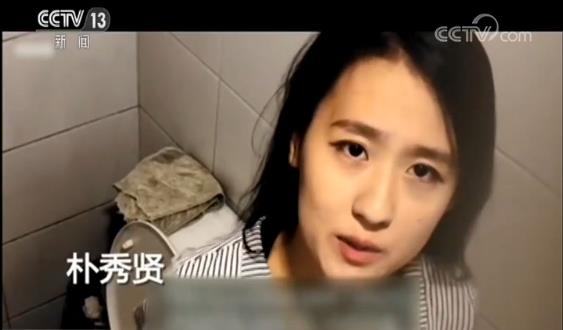
Park Soo-hyun, a Korean girl, has been committed to helping women trapped by candid photos.
Park Soo-hyun said, this is disgusting, this is a crime, and I will not stand by and do nothing. How can I live as a woman in Korea? I should leave.
Park Soo-hyun believes that the root of the rampant phenomenon of sneak shots lies in the traditional concept that South Korea takes men as the center and does not respect women.
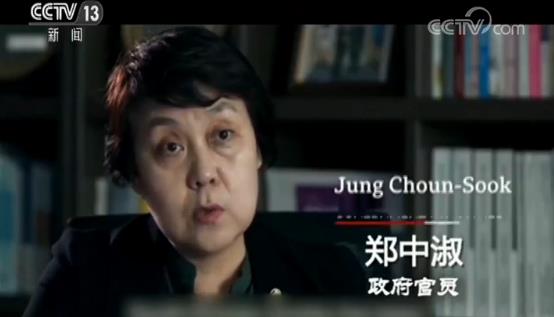
Zheng Zhongshu, a government official, said that Korean society has always regarded violence against women as trivial, private and unimportant.
According to the BBC, South Korea reports more than 6,000 cases of sneak shots every year, and 80% of the victims are women.
Cameras are installed in toilets, fitting rooms in shopping malls, gymnasiums and swimming pools, and indecent videos are often posted on pornographic websites.
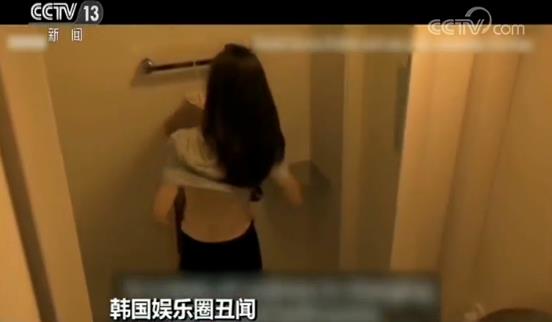
According to South Korean government data, only 8.7% of people were punished for taking candid photos.
Even South Korean President Moon Jae in admits that the crime of secretly photographing seems to have become a part of daily life.
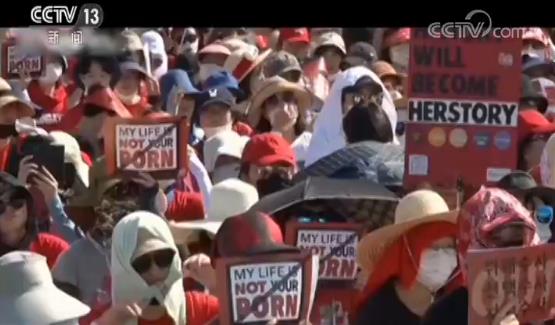
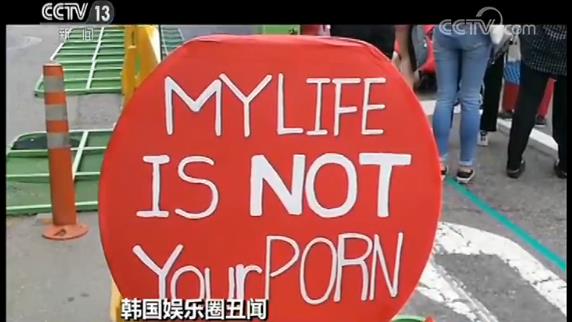
On July 7, 2018, about 55,000 women marched in the streets, calling for a crackdown on "sneak shots of pornographic pictures of women", which was one of the largest female-only protests in South Korea’s history.
They accused men who regarded women as playthings and held up the slogan: My life is not your porn.
The "nightclub door" scandal also brought another case back to public view 10 years ago.
In March 2009, Zhang Ziyan, a 26-year-old Korean actress, committed suicide, leaving a 230-page suicide note.
In the published suicide note, she accused herself of being forced by her entertainment company to provide hundreds of sexual services, including more than 30 enterprises and media executives.
Zhang Ziyan’s death shocked South Korea, which once triggered a wave of public opinion, but the prosecution closed the case with no criminal suspicion.
Since then, the Korean people have petitioned many times. In 2018, the South Korean Procuratorate restarted the investigation of Zhang Ziyan’s case, and the investigation period ended at the end of March this year.
On the 18th, South Korean President Moon Jae in officially ordered a thorough investigation of the Zhang Ziyan case and the nightclub case.
On the 19th, South Korean Justice Minister Park Sang-ki announced that the investigation period of "Zhang Ziyan case" would be extended by two months.
This "biggest scandal in the history" in South Korea’s entertainment circle not only caused the Korean idol to encounter an image crisis, but also made people begin to reflect on many long-standing problems in South Korea’s pop culture industry: female discrimination, money and power trading, contempt and infringement of judicial justice.